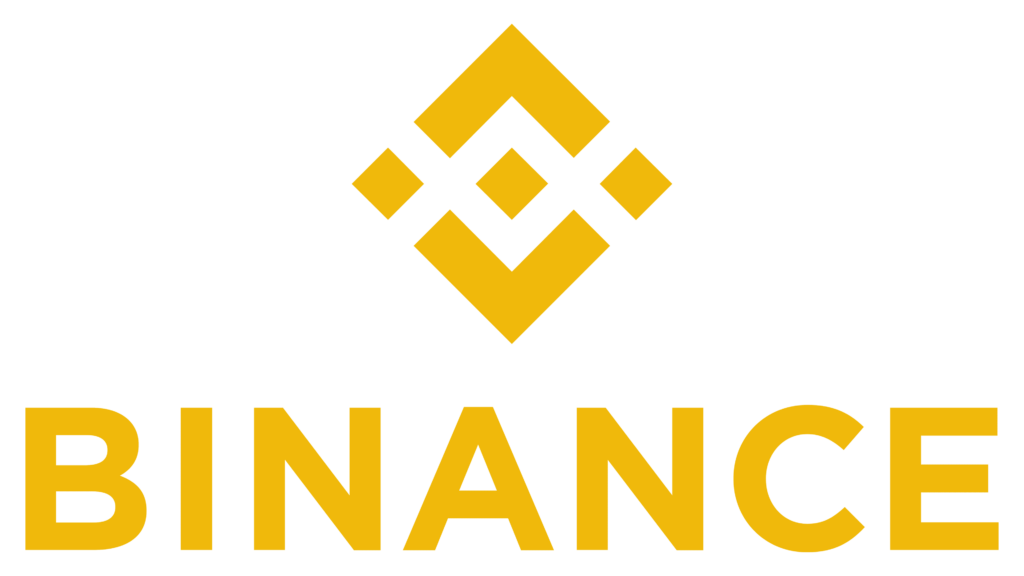Welcome to our article discussing five privacy coins in the cryptocurrency world. As privacy becomes an increasingly important concern for many individuals, cryptocurrencies that prioritize privacy are gaining popularity. In this article, we will explore five privacy coins, their distinctive features, potential use cases, and provide a comparison table with alternative options.
1. Monero (XMR)
Monero is one of the most well-known privacy coins in the market. It ensures privacy through the use of stealth addresses, ring signatures, and confidential transactions. With these features, Monero ensures that transactions remain untraceable and unlinkable. It has gained significant adoption within the dark web due to its anonymous nature, but it also offers privacy-conscious individuals an alternative for everyday transactions.
2. Zcash (ZEC)
Zcash is a privacy coin that offers two types of transactions: transparent and shielded. Transparent transactions operate similarly to Bitcoin, whereas shielded transactions use zero-knowledge proofs to guarantee privacy. Zcash employs zk-SNARKs, a form of cryptography, to allow transactions to be verified without revealing any information about the sender, receiver, or transaction amount. This makes it an attractive option for those seeking privacy but still desiring the option to have transparent transactions when needed.
3. Dash (DASH)
Dash, initially known as Darkcoin, combines privacy features with a fast and scalable blockchain. Dash incorporates a feature called PrivateSend, which employs a mixing process to obfuscate transaction trails. This mixing process ensures that coins are anonymized by combining them with other coins in the network. Additionally, Dash has introduced ChainLocks, enabling near-instantaneous transactions. These features make Dash versatile, efficient, and privacy-oriented.
4. Verge (XVG)
Verge distinguishes itself as a privacy coin by offering multiple anonymity-centric networks. It incorporates Tor and I2P routing to ensure that IP addresses are obfuscated, making transactions difficult to trace. Verge also employs Simple Payment Verification (SPV) technology, reducing transaction confirmation times. It aims to provide private and fast transactions for everyday use, catering to individuals who prioritize both privacy and speed.
5. PIVX (PIVX)
PIVX, which stands for Private Instant Verified Transaction, places a strong emphasis on privacy. It utilizes a combination of technologies such as zPoS (Zero Proof of Stake) and masternodes to enable swift and anonymous transactions. PIVX also implements a feature called SwiftX, which allows for instant verified transactions. By prioritizing privacy and speed, PIVX provides users with an efficient and secure cryptocurrency option.
Comparison Table:
| Privacy Coin | Definitive Features | Potential Use Cases |
|---|---|---|
| Monero (XMR) | Stealth addresses, ring signatures, confidential transactions | Dark web transactions, everyday privacy-conscious transactions |
| Zcash (ZEC) | Transparent and shielded transactions using zk-SNARKs | Privacy with the option for transparent transactions |
| Dash (DASH) | PrivateSend mixing process, near-instantaneous transactions with ChainLocks | Privacy-oriented transactions, efficient and versatile cryptocurrency usage |
| Verge (XVG) | Tor and I2P routing, Simple Payment Verification technology | Private and fast transactions for everyday use |
| PIVX (PIVX) | ZPoS, masternodes, SwiftX for instant verified transactions | Swift and anonymous transactions with high security |
FAQs
1. Are these privacy coins completely anonymous?
No, while these privacy coins offer strong privacy features, they are not entirely anonymous. Transactions can still be analyzed, and specific patterns may reveal certain information. However, they significantly increase privacy compared to traditional cryptocurrencies like Bitcoin.
2. Can I use privacy coins for legal transactions?
Absolutely. Privacy coins can be used for legal transactions and everyday purchases just like any other cryptocurrency. Their privacy features ensure that your transaction history remains confidential.
3. How can I acquire privacy coins?
Privacy coins can be acquired through various cryptocurrency exchanges that support their trading. You can purchase them using Bitcoin, Ethereum, or other cryptocurrencies.
Conclusion
Privacy coins have emerged as a response to the growing demand for confidentiality in financial transactions. Monero, Zcash, Dash, Verge, and PIVX are prominent examples that offer distinctive approaches to privacy. Each has its set of features, potential use cases, and advantages. By utilizing privacy coins, users can attain enhanced anonymity and confidentiality in their financial interactions on the blockchain.







